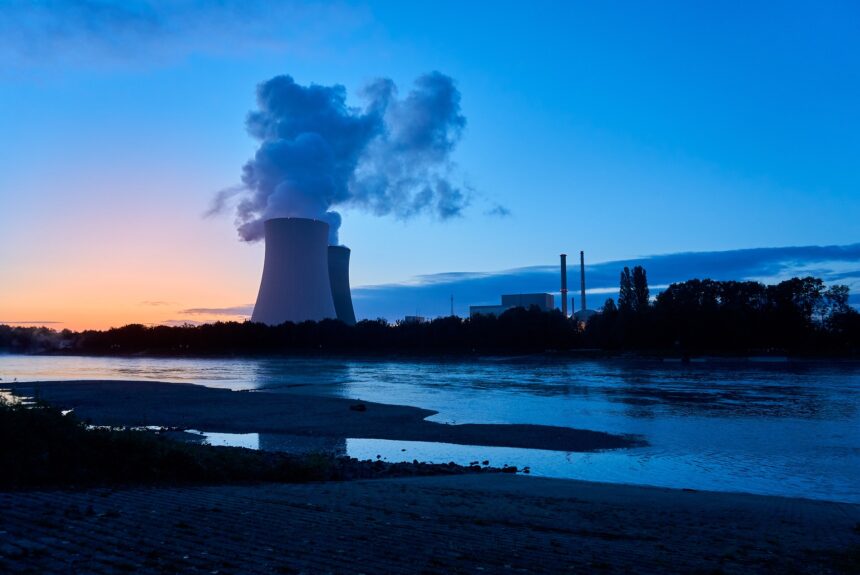Normally when we talk about waste we are talking about something useless. But the waste that comes from nuclear power—also known as spent nuclear fuel—has untapped potential. Researchers have been working to unleash that potential for years, but finally, their research is getting a financial boost.
>>>READ: America Could Run On Spent Nuclear Fuel…If We Let It
GE Research, the research and development arm of General Electric, has been awarded a $6.4 million grant from the U.S. Department of Energy’s Advanced Research Projects Agency-Energy (ARPA-E). The grant comes from a $48 million program dedicated to developing new technologies for nuclear fuel recycling from America’s nuclear power plants.
ARPA-E’s program is also referred to as the Converting UNF Radioisotopes into Energy, or CURIE, program. This nickname honors Marie Curie, the French Nobel Prize-winning scientist and radioactivity pioneer.
“CURIE will fuel advanced reactors and provide important clean energy elements, all while drastically reducing waste,” stated Jennifer Gerbi, ARPA-E’s acting director. “With this new program, we’re emphasizing safeguards and lowered costs as we provide clean energy technology options for the future.”
ARPA-E’s grant to GE Research through the CURIE program will advance these nuclear fuel recycling goals. GE Research plans to use the money from the grant to build a ‘digital twin’ of a nuclear fuel reprocessing plant.
The digital twin will be a sort of usage modeling. Nuclear fuel reprocessing plant operators could use the modeling to determine exactly how much fuel is in their systems. Currently, reprocessing plants in different countries have to shut down operations frequently to do physical checks of fuel levels. The digital twin would help operators avoid these shutdowns while saving money and allowing for faster recycling times.
>>>READ: U.S. Department of Energy Announces Nuclear Fusion Breakthrough
“We’re aiming to develop a unique solution that would enable facility reprocessing operators to keep the tracking and measurements of used fuel flowing in the pipes of the facilities themselves,” explained Bogdan Neculaes, a GE Research scientist and the project leader. “This has the potential to yield estimated savings in the hundreds of millions of dollars annually in operating costs while enabling more used fuel to be recycled with enhanced safeguards.”
This digital twin modeling is being built with input from nuclear fuel reprocessing plants. When it is finished and implemented, it will not only help avoid operational shutdowns, speed up reprocessing, and save money—it could make the reprocessing plants safer. Considering the fact that spent fuel also has the potential to be weaponized if it falls into the wrong hands, the digital twin will utilize block chain encryption security safeguards as well as additional security factors.
I previously noted in C3 that America could run on spent nuclear fuel if we let it. With innovative technology like this, we are one step closer to seeing that day.
Kelvey Vander Hart is a native Iowan, a member of the American Conservation Coalition, and a communications specialist at Reason Foundation.
The views and opinions expressed are those of the author’s and do not necessarily reflect the official policy or position of C3.
